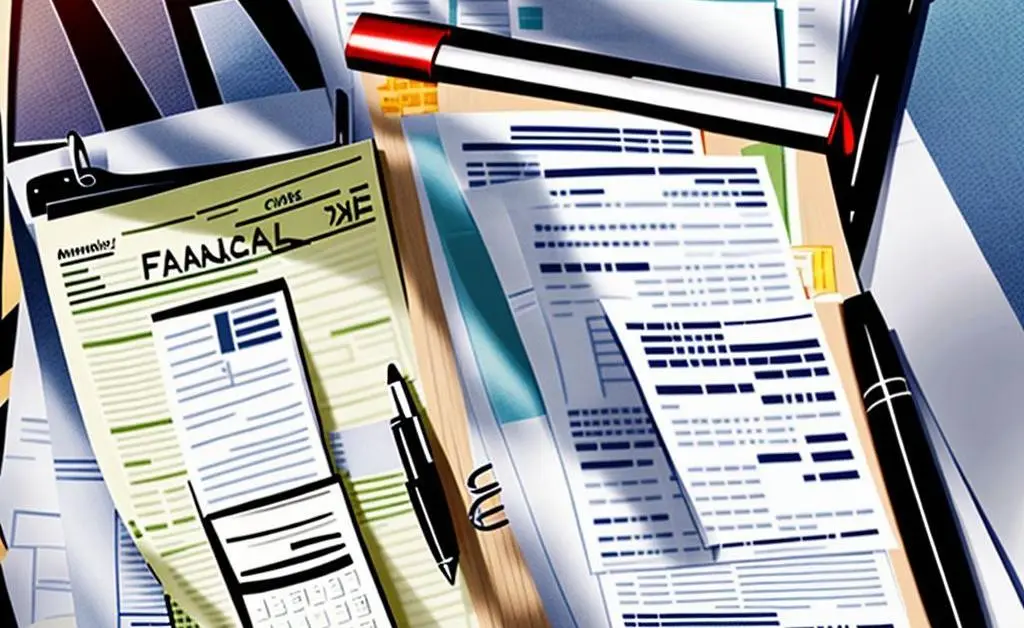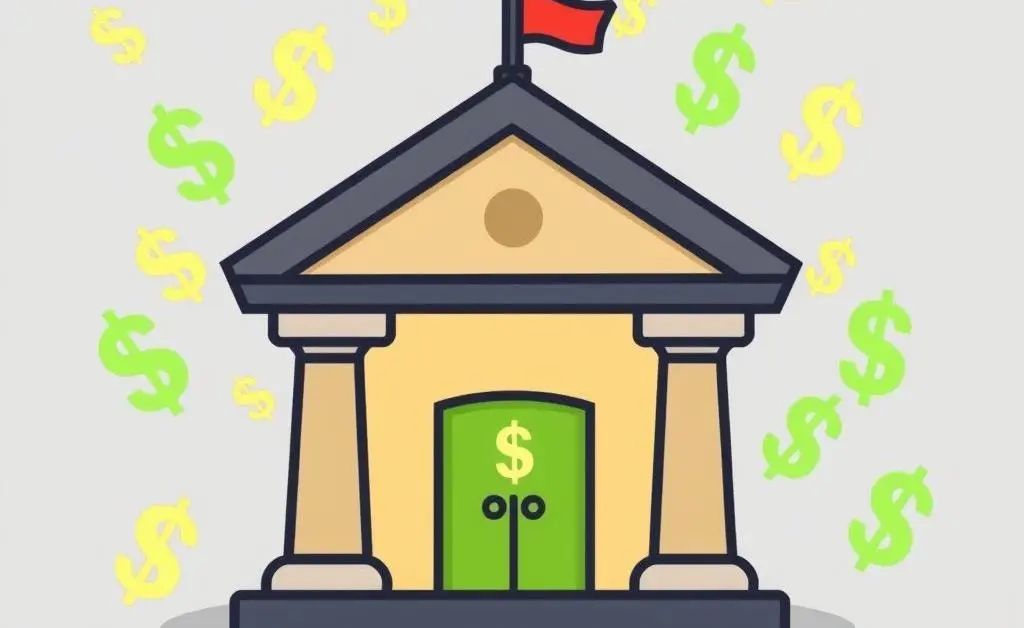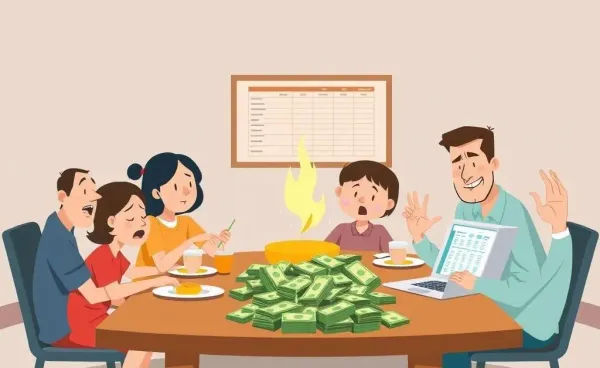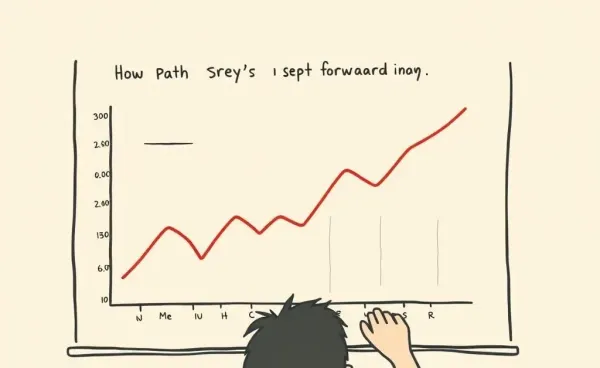Understanding the Real-Life Impacts of Bankruptcy and How to Navigate Them
Explore the effects of bankruptcy and learn strategies to rebuild your financial future.

So, you're considering bankruptcy or maybe just curious about its real-life impact. Either way, you're in the right place. Let's break down what bankruptcy really means and how it can affect you—not just today, but in the years to come.
What Is Bankruptcy and How Does It Affect You?
Bankruptcy is often viewed as a last resort when it comes to dealing with overwhelming debt. It's a legal process that can offer a fresh start, but what does that mean beyond the paperwork?
In simple terms, bankruptcy can wipe out many types of unsecured debt. Credit cards, medical bills, and personal loans could be reduced or cleared entirely. However, not all debts are covered, and there are different types of bankruptcy to consider, each with its own implications.

Immediate and Long-term Impacts
Let’s talk about the immediate impact first. Your credit score will take a hit, there’s no sugar-coating it. It’s not a forever thing, though. Most people start to see improvements within a year. But what about the long haul?
Bankruptcy records can linger on your credit report for up to ten years. That sounds a bit intimidating, but it doesn't mean you're financially paralyzed. In fact, many people use this time to rebuild stronger financial habits.

How to Rebuild After Bankruptcy
Here’s where things get hopeful. Building back better isn't just a slogan; it's a possibility. First things first: Create a budget. I know it's the 'B' word nobody likes, but trust me, it’s your best friend right now.
- Secure a steady income: A reliable source of income can make budgeting and saving much easier.
- Start an emergency fund: Even small contributions add up. An emergency fund can prevent future reliance on credit.
- Consider a secured credit card: It's a great way to rebuild credit by showing lenders you can manage a small line of credit responsibly.

Lessons from Bankruptcy
Bankruptcy isn’t just a reset button; it’s a learning experience. Think of it as a chance to reconsider your financial priorities and understand the value of smart money management.
Start with small goals and celebrate each achievement. You might even find that the journey to recovery equips you with financial resilience you never knew you had.
Conclusion: Moving Forward with Confidence
If you find yourself on this path, remember that you're not alone. Countless others have walked these steps before and emerged stronger. The real magic lies in using this opportunity to learn, grow, and plan for a brighter financial future.
What's your take on bankruptcy? Have you or someone you know gone through it? I'd love to hear your insights or any tips you might have in the comments below!




